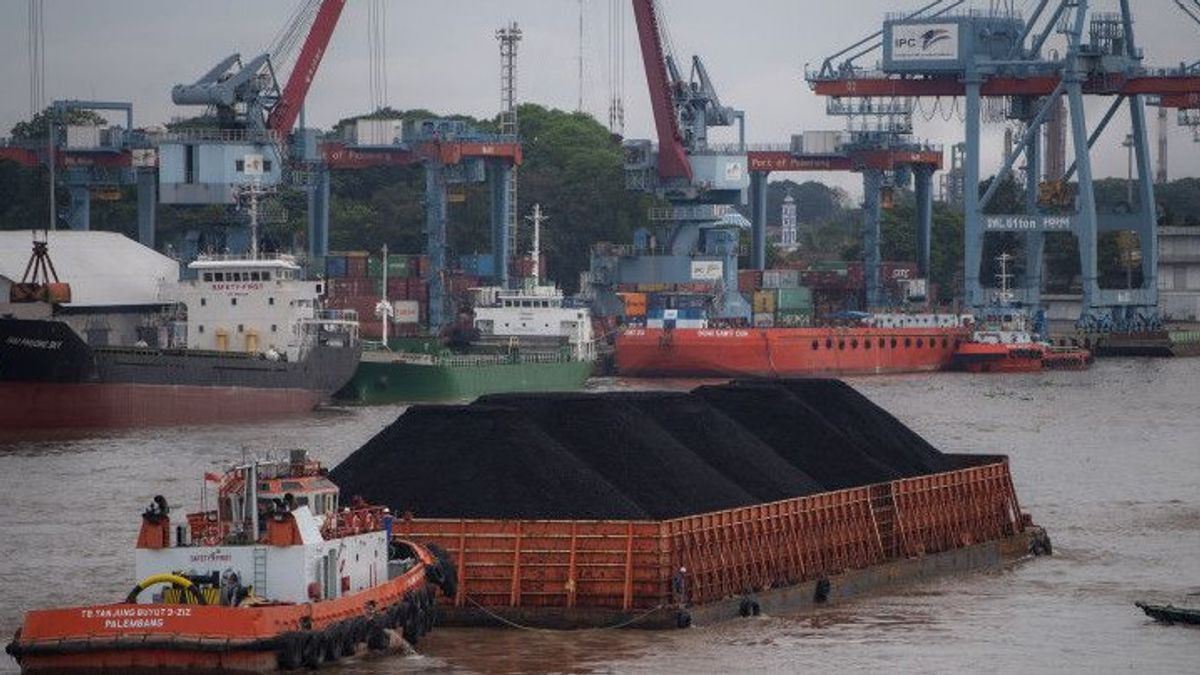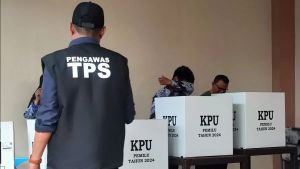JAKARTA - Through the Baitul Maal Foundation (YBM) and PT PLN (Persero) they utilize 28 tons of waste from coal burning or Fly Ash Bottom Ash (FABA) from the Holtekamp Steam Power Plant (PLTU) to build a house for the Koran and Marbot Ar-Razaq in Kampung Selayar, Jayapura City, Papua.
This assistance worth Rp.298.6 million was distributed to the management of Musala Ar-Razaq to support children's activities in the Koran.
PLN together with the Regional Military Command (Kodam) XVII/Cenderawasih made 1,500 bricks made from a mixture of FABA to be used as building materials. Within a month, the house for the Koran was completed and inaugurated by PLN and the Jayapura City Government.
Deputy Mayor of Jayapura City, Rustan Saru expressed his appreciation for PLN and various parties who took part in the development process. Utilization of FABA as a waste material that is processed and managed properly, the evidence can be something useful.
In the future, Rustan hopes that this will increase the economic impact for the surrounding community.
"It is extraordinary that the Holtekamp PLTU can produce FABA which is very useful. Previously this FABA was considered waste but it can be used properly, one of which is by the Kodam to make roads, bricks and bricks," said Rustan in his statement to the media, Thursday, April 28.
General Manager of PLN UIW Papua and West Papua, Moch. Andy Adchaminoerdin stated that this step was taken by PLN as a form of PLN's commitment to innovate and process leftover goods into economic goods. "This is one of the efforts to maintain the balance of the environmental ecosystem," he said.
He hopes this assistance can support the surrounding community in carrying out religious activities. "We hope that this activity can be carried out routinely comfortably and the facilities will continue to be maintained so that they can be used optimally," said Andy.
Proper management and processing of FABA waste will produce useful derivative products, such as paving blocks, bricks and cast materials. The use of processed PLTU waste is also considered more economical because it can reduce development costs by up to 30 percent.
The English, Chinese, Japanese, Arabic, and French versions are automatically generated by the AI. So there may still be inaccuracies in translating, please always see Indonesian as our main language. (system supported by DigitalSiber.id)













